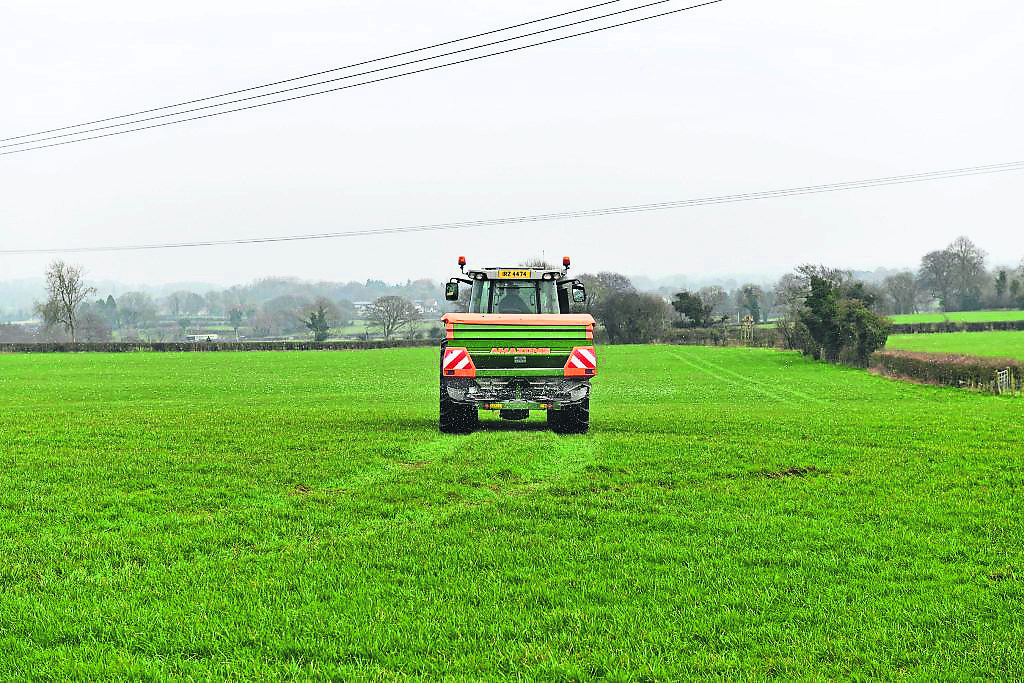THE latest figures on farming income will be a cause of deep concern for Fermanagh farmers, with forecasts showing they could see it slashed by almost half.
Provisional numbers from DAERA’s Total Income from Farming (TIFF) report have estimated that farm incomes in the North will have decreased by 47.8 percent in real terms, with dairy farmers among those seeing the biggest drop.
The Ulster Farmers’ Union (UFU) said the figures “don’t come as a surprise” and “speaks volumes about the financial pressure farmers are under.”
“Last year was challenging from the get go for NI farmers,” said UFU president William Irvine.
“From bad weather to falling farmgate prices and feedstuff costs rising by 5%, local farmers were getting it financially from every angle and that has not changed in the first half of 2024. Yet, dairy co-ops are making money with an 11% increase on profits from last year. It’s an absolute kick in the teeth.
“DAERA’s figures are testament to the volatility of agriculture, how farmers are at the mercy of elements that are out of their control and bigger businesses with plenty of leverage power.
“In other professions, no one would stand for this kind of reduction in their annual wages, yet that is what our farm families are now dealing with.”
He added, “It must also be recognised that Basic Payments make up £298 million of the total £341 million farm income figure for 2023, which is the lowest in years.
“This stresses how important the Basic Payment Scheme is, and in particular, a resilience payment to local farm families in NI. It would be detrimental to our farming industry and the entire NI agri-food industry to have every penny invested in environmental payments when farmers are struggling to keep their businesses afloat.
“They need appropriate support to be able to maintain a viable farm business that can manage financial challenges, so they can continue to care for the environment and produce the high-quality food consumers expect. It would also help to ensure a prosperous future for the next generation of farmers.”
DAERA Minister Andrew Muir said the figures were “disappointing” and the “decrease reflects the reduced milk prices from the record high levels of the previous year and the continued elevation in input costs for the agriculture sector.”
“Income estimates for specific farm types also show that while decreases are expected for Cereals, Dairy and Mixed farms between 2022 and 2023, there are small increases expected for Cattle & Sheep farms and more substantial increases for Pig farms because of the rise in pigmeat prices during 2023,” he said.
“Minister Muir continued: Fluctuating market conditions is not a new problem, but it remains a very difficult issue for farmers to address. These fluctuations are mainly due to price influences across world markets which are very much outside our control.
“Consequently, my Department focuses effort on helping farmers mitigate cost and price pressures by improving their productivity and resilience, while also addressing their environmental sustainability levels.
“These are the goals of our new farm support and development programme. CAFRE continues to offer relevant training and support to farmers in pursuit of these policy objectives.”

Concern as Fermanagh farm incomes plummet
Posted: 11:43 am July 19, 2024
Posted: 11:43 am July 19, 2024








